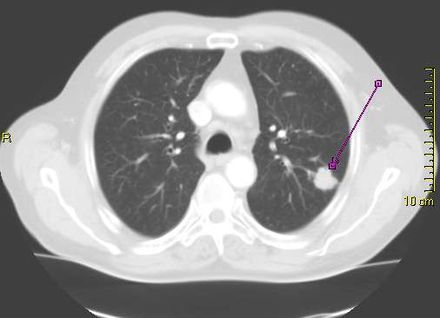Author Interviews, Cancer Research, Case Western, Colon Cancer, JAMA / 07.12.2023
Case Western Study Finds GLP-1 Drugs Reduced Incidence of Colorectal Cancer
MedicalResearch.com Interview with:
Nathan A. Berger, M.D.
Distinguished University ProfessorHanna-Payne Professor of Experimental MedicineProfessor of Medicine, Biochemistry, Oncology and GeneticsDirector, Center for Science, Health and SocietyCase Western Reserve University School of Medicine
Rong Xu, PhD
Professor, Biomedical Informatics
Director, Center for Artificial Intelligence in Drug Discovery
Case Western Reserve University School of Medicine
MedicalResearch.com: What is the background for this study?
Response: 75% of the US Population has overweight or obesity and 15% has Type 2 Diabetes.
Both overweight/obesity and diabetes promote increased incidence and worse prognosis of colorectal cancer.
The new GLP1RA drug class are rapidly becoming the most effective treatment for both diabetes and overweight/obesity.
By controlling diabetes and overweight/obesity, we hypothesized that the GLP1RAs might be effective at reducing incidence of colorectal cancer.
(more…)














 Lotfi Khemiri
Centre for Psychiatry Research
Stockholm, Sweden
MedicalResearch.com: What is the background for this study?
Response: Our study used large-scale national register data in close to 2 million children, and found that parental abuse of both alcohol and drugs are associated with increased risk of intellectual disability in the offspring. Importantly, the risk increase was observed in both mothers and fathers which to the best of our knowledge is a novel finding, and may be explained by both genetic and environmental factors including toxic effects of substance intake on fetal development.
Lotfi Khemiri
Centre for Psychiatry Research
Stockholm, Sweden
MedicalResearch.com: What is the background for this study?
Response: Our study used large-scale national register data in close to 2 million children, and found that parental abuse of both alcohol and drugs are associated with increased risk of intellectual disability in the offspring. Importantly, the risk increase was observed in both mothers and fathers which to the best of our knowledge is a novel finding, and may be explained by both genetic and environmental factors including toxic effects of substance intake on fetal development.
















